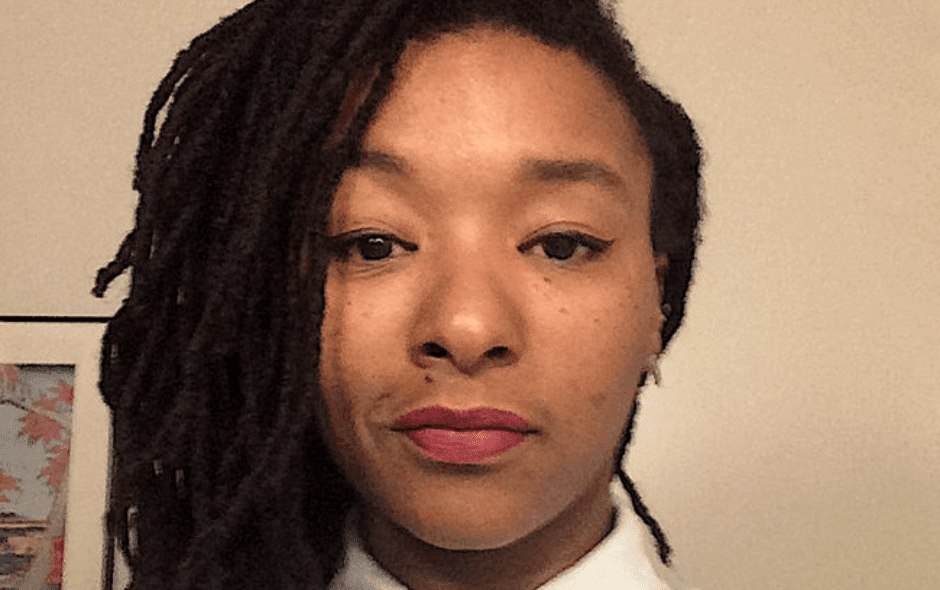Nyaka Mwanza is a freelance writer for MyEpilepsyTeam. Here she shares her story of being diagnosed with epilepsy and what it is like to live with the condition.
I was 35 years old when I woke up bloody and confused, no recollection of having fallen through my glass coffee table.
Looking back, that was probably my first seizure. I had nine more seizure events that year on my path to an epilepsy diagnosis.
35 seemed an odd age to become one of 150,000 newly minted epileptics diagnosed in the U.S each year. But children are diagnosed with epilepsy as often as senior citizens are — anyone can develop epilepsy.
Epilepsy is a chronic, neurological disorder — one of the most common neurological disorders. Around 65 million people have epilepsy worldwide.
Epilepsy, of which there are different types, causes neurons in the brain to periodically signal abnormally. This abnormal firing of nerve cells is what causes epileptic seizures.
A holistic treatment plan
Finding the right medication is often a process of trial and error; a potentially lengthy and frustrating process.
I am one of the fortunate 70 percent whose epilepsy can be well controlled by medication. I count myself especially lucky because the second medication I tried worked well, and it had very few, pretty mild side effects.
My anti-epileptic drugs efficacy is bolstered by the lifestyle changes and complementary therapies I’ve incorporated over the last five years. I exercise, I eat right, and I take care of myself — mind and body.
Knowledge is power
The goal of epilepsy treatment is “no seizures, no side effects.” Tweaks along the way are to be expected.
My holistic treatment approach is further strengthened by the fact that I am — and I remain — informed. At every check-in appointment with my neurologist, I bring at least one new study I’ve read and a few new questions about epilepsy.
I’m an informed decision-making partner in making those tweaks.
I understand my seizure patterns and triggers, and I avoid them by maintaining consistency. I take my medication on schedule and ensure I get ample sleep.
Most importantly, I have learned effective ways to manage stress and prioritise my mental health. I see a therapist regularly and make time for self-care.
The risk of stress seizures is worsened by a poor ability to cope with life stressors, a lack of sleep, and other factors.
I am my own biggest health advocate. I facilitate communication between my providers, for instance, my psychiatrist and my neurologist.
I’ve learned there’s a lot of overlap between neurology and psychology.
I also make sure my primary care provider and pharmacist are up to date on my prescribed medications from all my providers to ensure my regimen has little-to-no risk of adverse interactions.
Seizure preparedness
My seizures usually happen in small clusters, during my sleep. They culminate in a more intense, generalised, tonic-clonic seizure.
During and after a seizure, I’m completely unaware of what is going on around me — where I am, who else is there. It can be scary to witness.
After a seizure, I am exhausted and confused, and I have trouble regulating my body temperature. Those closest to me are informed and aware of seizure first aid.
I also have an in-case-of-seizure plan hung on the fridge so that all the information — my diagnosis, my medications, my neurologist’s contact info — is in one place.
Seizure safety
Taking certain safety precautions is an important part of my new normal.
While my likelihood of having a seizure isn’t high, I could hurt myself or innocent bystanders if I did have a seizure, so the extra precaution is warranted.
Certain activities I only do when other people are around, such as swimming or climbing a ladder. I’m not allowed to drive for 12 months after my last seizure event.
The last time I renewed my driver’s license, my neurologist completed a form certifying my seizure-free status for the preceding year.
Life after my epilepsy diagnosis
My epilepsy diagnosis affected my mental health, safety, relationships, work, and role as a mother. I have memory problems and a shorter attention span.
While epilepsy may have changed how I do things, I’m not limited in what I do in my day-to-day life.
I discovered that other people’s perception of my epilepsy diagnosis was a bigger problem than epilepsy itself.
If you would like to share your experiences of living with epilepsy, please email David Coates our Communications Officer at dcoates@epilepsyscotland.org.uk or call 0141 427 4911.




